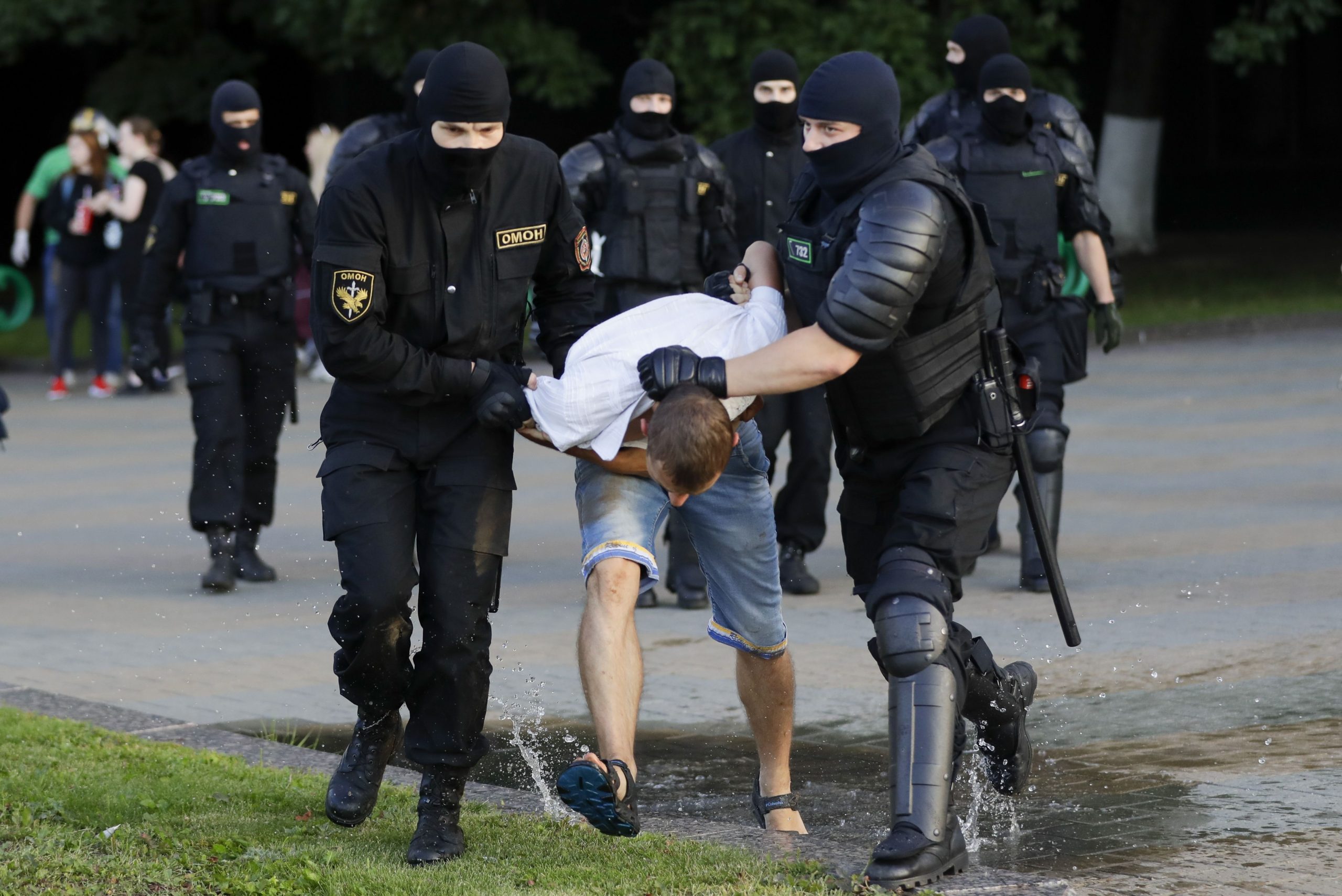Security forces are getting ready for a crucial voting day.
 The situation got worse
The situation got worse

In the lead-up to the single voting day on February 25, 2024, the Ministry of Internal Affairs is stepping up its efforts to preempt any potential protests in society. Their strategy and tactics draw from the experience of countering protests in 2020 through purges. There’s also consideration of a scenario involving destabilization “from the outside” with the introduction of sabotage and reconnaissance groups.
Preparations for the single voting day involve the Ministry of Internal Affairs. Alongside the Chairman of the Council of the Republic, Natallia Kachanava, Minister of Internal Affairs Ivan Kubrakou convened a special meeting of the board dedicated to the elections.
The Ministry of Internal Affairs aims to actively participate in the preparation and conduct of the campaign. To achieve this, the department plans to ensure “strict executive discipline, maximum coordination of actions with other law enforcement agencies and other interested parties,” drawing from the “rich accumulated experience in conducting various election campaigns.”
There are intentions to increase operational positions, prioritize crime prevention, and work proactively. Subordinates are directed to avoid provocations and destabilizing the situation in the country, focusing on actions in special conditions. To achieve this, exercises and training will be organized, and the units will receive all necessary equipment.
The approaches of the security forces have undergone radical changes since the 2020 election campaign and the subsequent political crisis. Over the past two years, actions under “special conditions” have been consistently practiced, and the readiness to respond to threats has increased.
Active measures are being taken to equip polling stations with video surveillance systems and security alarms. A 24-hour duty of police officers is ensured. Additional patrol units and rapid response teams will be formed in the capital, regional, and district centers.
To prevent attempts to disrupt the election campaign, a set of measures is in place. These measures aim to reduce the influence of “extremist” Internet resources on public consciousness, support and explain initiatives carried out by government agencies with the involvement of popular media and opinion leaders.
Tasks include identifying and prosecuting persons involved in extremism, obtaining information to predict the development of the situation both within the country and abroad. Alongside creating conditions for the work of polling stations and the readiness to strictly suppress provocations, ensuring the safety of representatives of election commissions is a crucial task for the security forces.
According to the Ministry of Internal Affairs, extensive work is underway to ensure the safety of citizens, including measures to respond to information leaks, attempts to organize illegal pickets, pogroms, and arson. The operational situational headquarters continues to operate around the clock at the Minsk police base for instant decision-making. The capital is preparing in a special mode to maintain order during the preparation and conduct of elections, using modernized equipment and special means.
The Minsk police are practicing skills in countering “mass riots” and detaining active participants, checking the coherence of actions of representatives of different services and units in challenging conditions, and ensuring the combat readiness of equipment. The issues of providing employees with protective equipment and compliance with safety measures were also addressed.
The Internal Troops of the Ministry of Internal Affairs are creating new special units, with the ninth special forces detachment, “Tornado,” formed on the basis of military unit 3310. These units are expected to play a crucial role in the fight against sabotage and reconnaissance groups and illegal armed groups.
Subscribe to our newsletter




Situation in Belarus
Constitutional referendum: main consequences


 Video
Video
How to count the political prisoners: are the new criteria needed?


 Video
Video
Paternalism In Decline, Belarusian Euroscepticism, And The Influence Of Russia


 Video
Video












